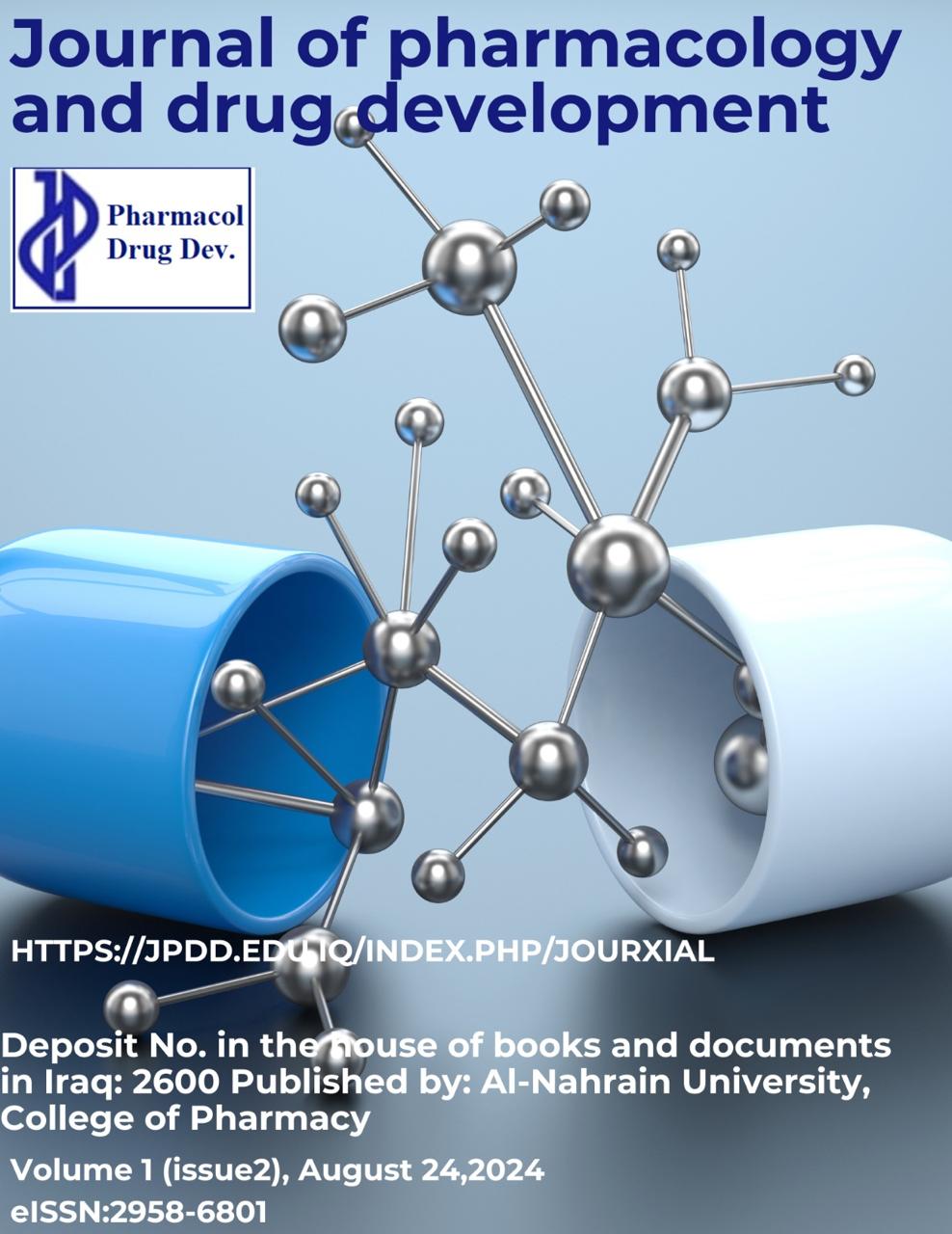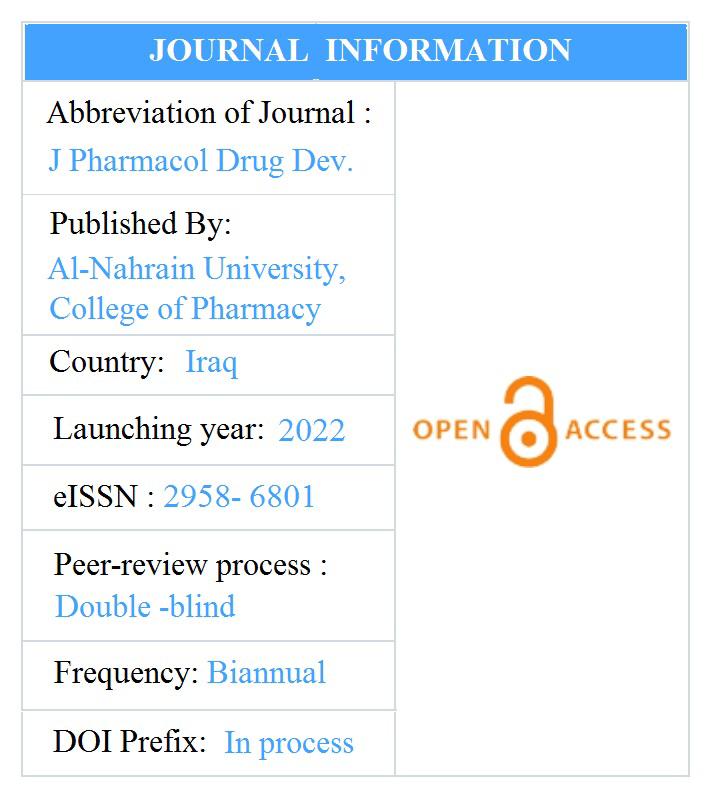The correlation of thyroid function with obesity
Keywords:
Thyroid , obesityAbstract
The thyroid is an endocrine gland. It controls the body's iodine balance as well as the creation and release
of thyroid hormones from its location in the inferior, anterior neck. The thyroid produces both triiodothyronine,
which is mostly active, and thyroxine (T4), which is primarily dormant (T3). Thyroid hormone that has undergone
peripheral conversion is either activated thyroid hormone or another inactive thyroid hormone. Body composition
and thyroid hormones appear to be closely related. Thyroid hormones regulate basal metabolism, thermogenesis
and play an important role in lipid and glucose metabolism, food intake and fat oxidation. Thyroid dysfunction is
associated with changes in body weight and composition, body temperature and total and resting energy
expenditure (REE) independent of physical activity. The hypothalamic-pituitary-thyroid axis is more likely to
be activated in obese patients with healthy thyroid function and greater blood levels of thyroid hormones. On the
other hand, slight variations in thyroid function are linked to weight changes of up to 5 kg. An online survey was
conducted in Al_Nahrain university college of pharmacy. The aim of this survey is to find the correlation between
thyroid function and obesity in the Iraqi population who are diagnosed and treated of hypothyroidism. Current
study outcomes is to find the correlation between thyroid function and obesity in the Iraqi population who are
diagnosed and treated of hypothyroidism. The correlation between BMI and TSH showed elevattion 4.5-10
mIU/mL, 36 had severely Elevated > 10 mIU/mL while 9 are normal 0.5-4.5 mIU/mL.
Aim: The aim of this survey is to find the correlation between thyroid function and obesity in the Iraqi population
who are diagnosed and treated of hypothyroidism.





